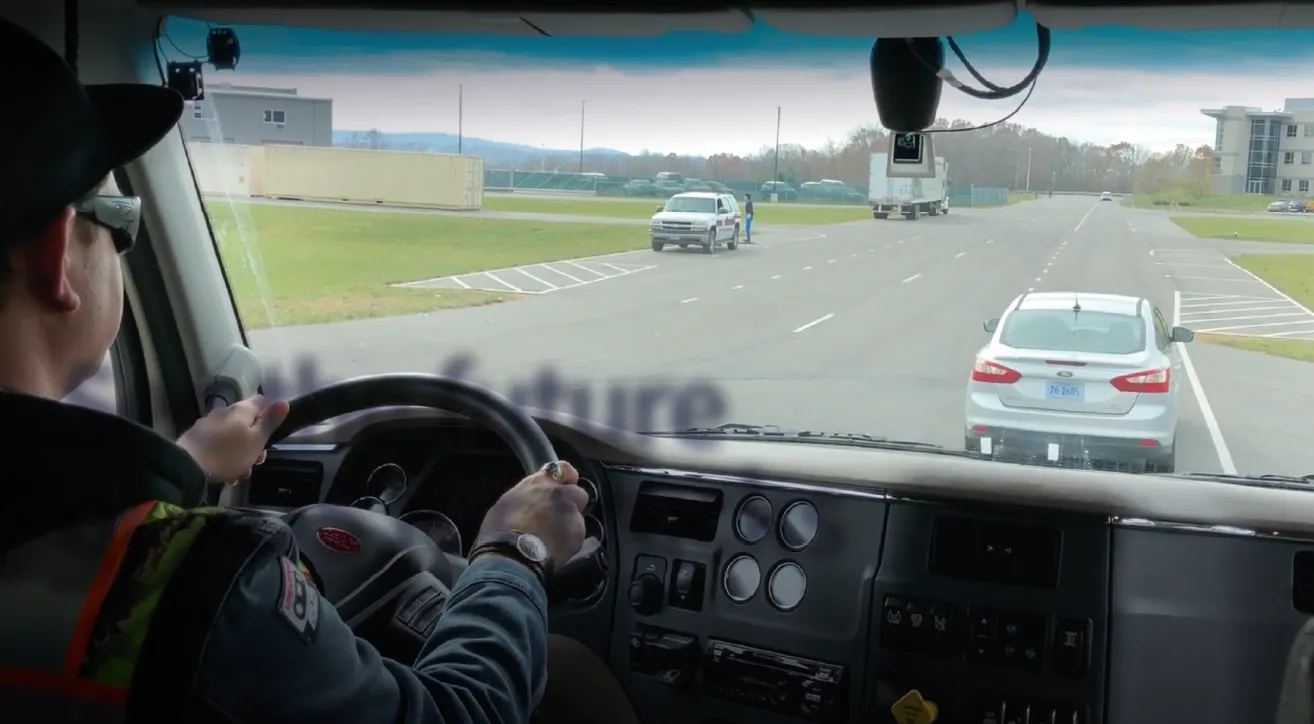Nagoya University has opened a research centre, bringing together academia, industry and government, with the aim of developing automated driving technologies as one of its first key projects.
At the Nagoya University National Innovation Complex, researchers from the university’s schools of engineering, medicine, environmental studies and information science will work closely with their counterparts from six private companies, including Toyota Motor Corporation, Panasonic and Fujitsu.
The National Innovation Complex, constructed at a cost of US$32.4 million, is located in an eight-floor building on Nagoya University’s Chikusa Ward campus. It forms part of a project by the science and technology ministry to build regional research hubs around Japan.
A laboratory for development of automated vehicles is home to the world’s first driving simulator that incorporates five large high-resolution screens as well as five experimental automated driving vehicles.
The research team plans to conduct experiments of their auto-driving technologies on public roads to further develop the technologies for practical use in 10 years.
At the inauguration ceremony, the university's president, Seiichi Matsuo, said the research complex’s mission is to achieve technological innovations in close cooperation with local industries.
“Aichi Prefecture is a stronghold of automotive and other manufacturing industries with craftsmanship strongly rooted in the region’s traditions,” Matsuo said. “We want to develop innovative technologies, taking advantage of the strength of local industries.”
Nagoya University to develop driverless cars
Nagoya University has opened a research centre, bringing together academia, industry and government, with the aim of developing automated driving technologies as one of its first key projects. At the Nagoya University National Innovation Complex, researchers from the university’s schools of engineering, medicine, environmental studies and information science will work closely with their counterparts from six private companies, including Toyota Motor Corporation, Panasonic and Fujitsu.
June 16, 2015
Read time: 2 mins







